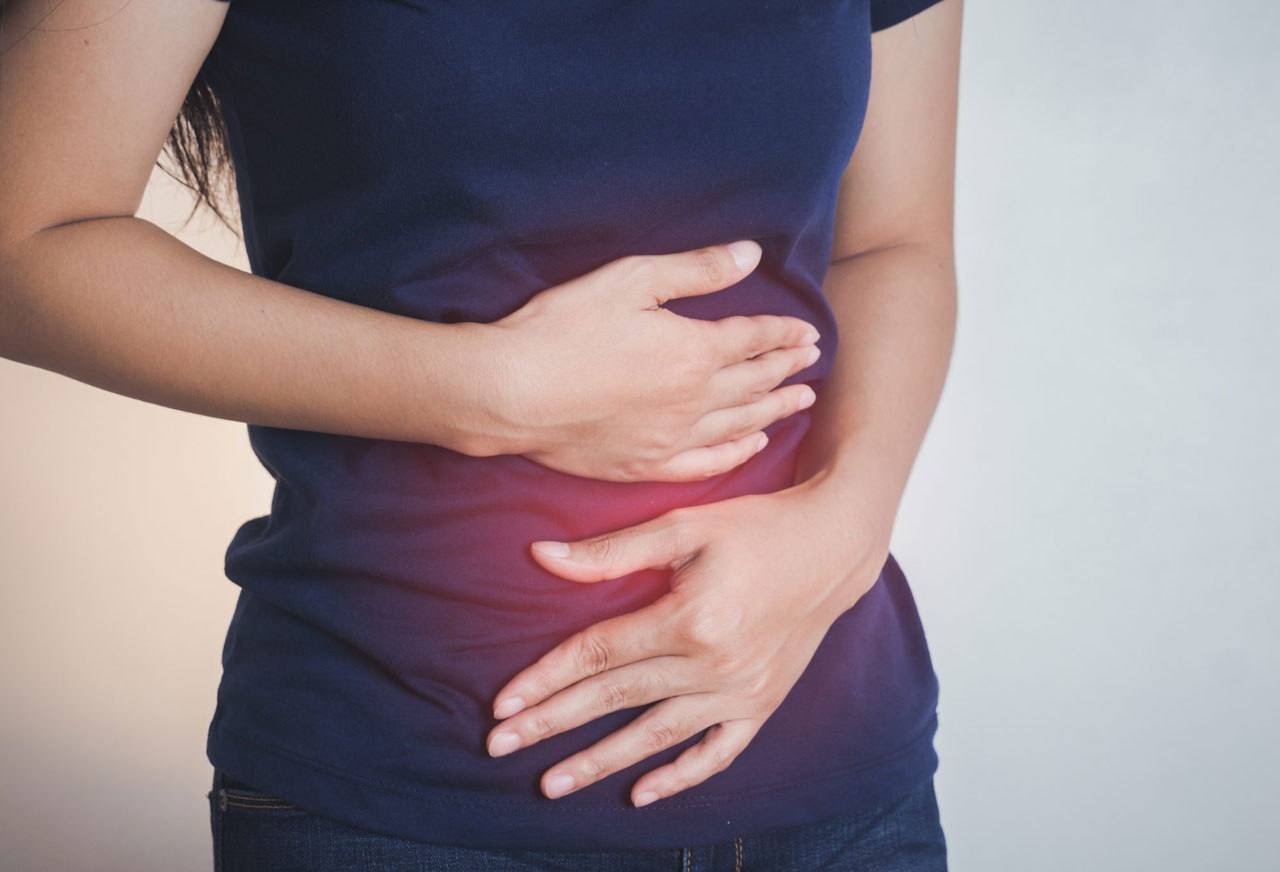Modern life such as high-stress levels, too little sleep, consuming processed and high-sugar foods, and taking antibiotics can all damage our gut microbiome. This in turn may affect other aspects of our health, such as the brain, heart, immune system, skin, weight, hormone levels, ability to absorb nutrients.
Changes in weight - Gaining or losing weight without making changes to your diet or exercise habits may be a sign of an unhealthy gut. An imbalanced gut can impair your body’s ability to absorb nutrients, regulate blood sugar, and store fat.
Sleep disturbances or constant fatigue - The majority of the body’s serotonin, a hormone that affects mood and sleep, is produced in the gut. An unhealthy gut may contribute to sleep disturbances such as insomnia or poor sleep, and therefore lead to chronic fatigue.
Food intolerance - Food intolerances may be caused by the poor quality of bacteria in the gut. This can lead to difficulty digesting the trigger foods and unpleasant symptoms such as bloating, gas, diarrhea, abdominal pain, and nausea.
Stomach problems - Stomach disturbances like gas, bloating, constipation, diarrhea, and heartburn can all be signs of an unhealthy gut. A balanced gut will have less difficulty processing food and eliminating waste.
Processed foods - A diet high in processed foods and added sugars can decrease the amount of good bacteria in your gut. This imbalance can cause increased sugar cravings, which can damage your gut still further.
Improve your gut with these 7 things
Take enough sleep Eat slowly Stay hydrated Change your diet Check for food intolerance Lesser stress levels Take probiotic
Foods that promote good gut bacteria
Garlic and onion High fiber food Collagen boosting foods Fermented foods

 A healthy gut contributes to a strong immune system and a healthy body. Living a healthy lifestyle can positively affect your gut health thereby improving your overall health
A healthy gut contributes to a strong immune system and a healthy body. Living a healthy lifestyle can positively affect your gut health thereby improving your overall health





.jpeg)

.jpeg)






.jpeg)





.jpeg)




.jpeg)







